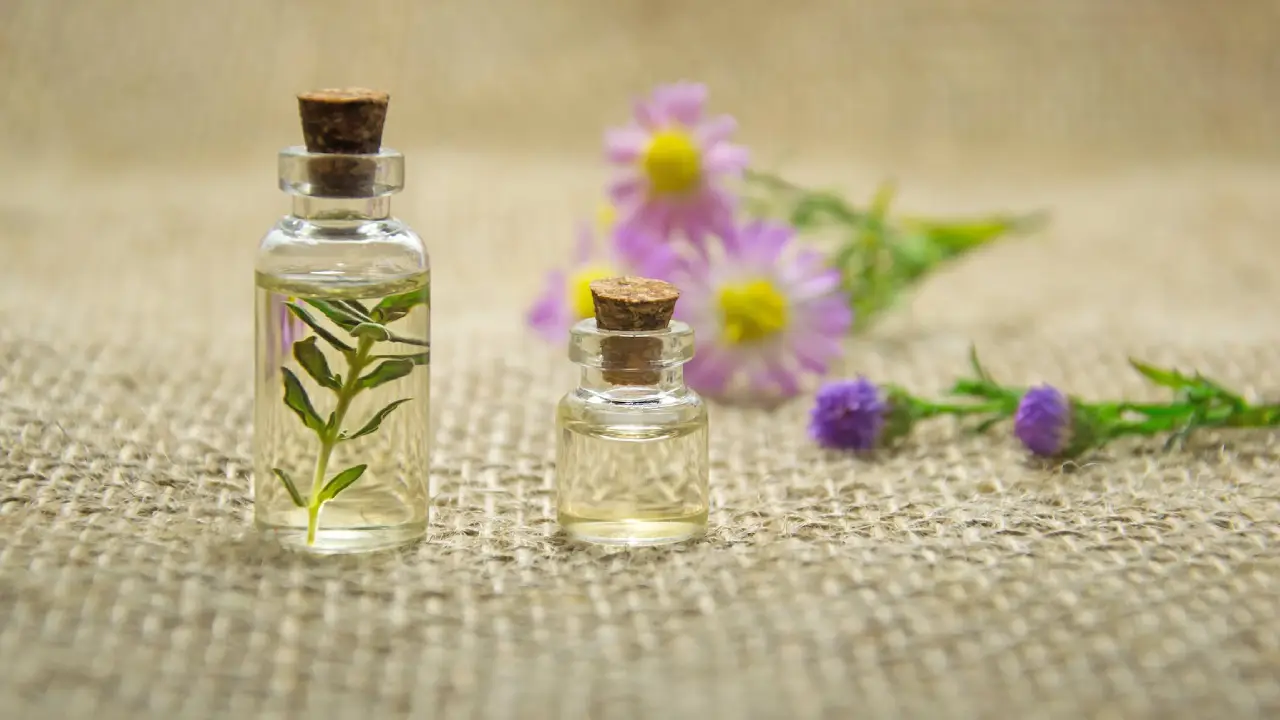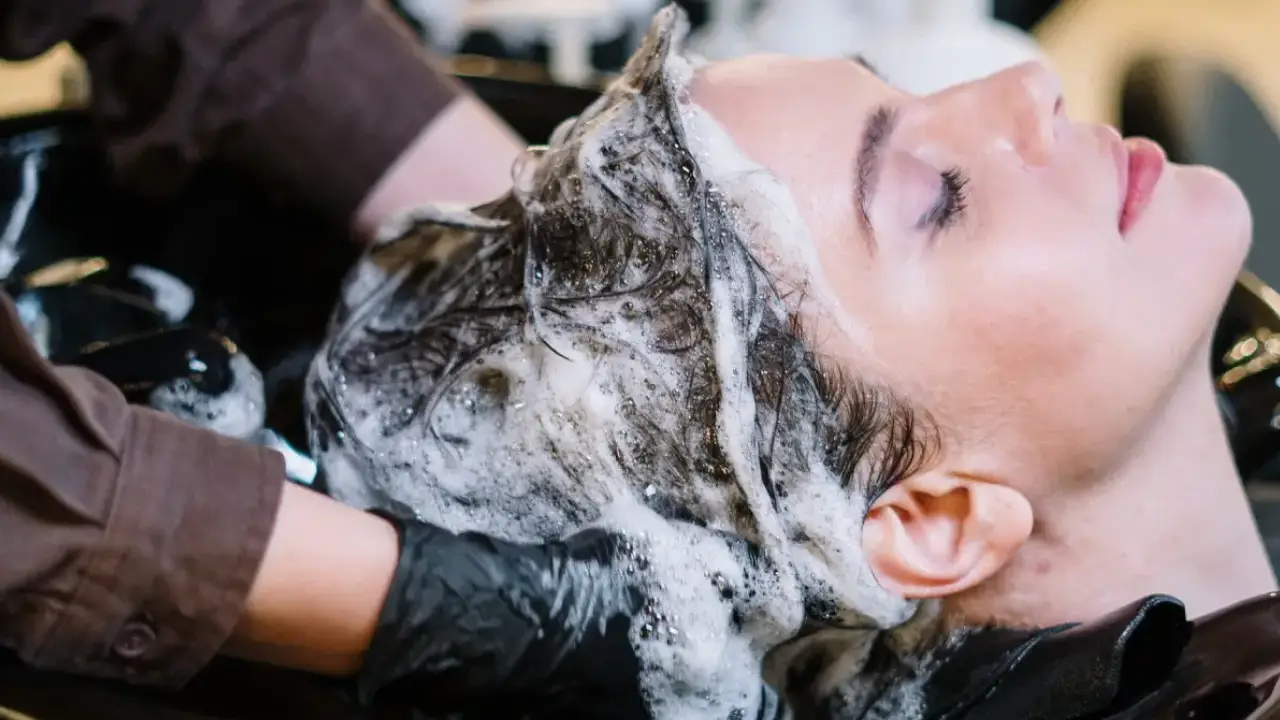Your skin is not just a reflection of your external care routines—it’s a mirror of what’s going on inside your body, especially your hormonal balance. From breakouts and dryness to that radiant glow, hormones influence your skin’s health more than you might realize. Let’s take a closer look at how this intricate system works and what you can do to keep your skin in its best shape.
Understanding Hormones and Their Role in Skin Health
Hormones are chemical messengers produced by glands in your endocrine system. They regulate various bodily functions, including metabolism, growth, and mood. But what’s lesser known is their direct impact on your skin. When your hormones are balanced, your skin often reflects this harmony with a healthy glow. However, fluctuations—whether due to puberty, pregnancy, menstrual cycles, or menopause—can lead to a variety of skin concerns.
Take adolescence, for example. Remember the seemingly endless battle with acne? That was likely caused by an increase in androgens, which are male hormones present in both sexes. These hormones trigger an increase in sebum production, leading to clogged pores and, ultimately, breakouts.
Similarly, women often notice skin changes around their menstrual cycle. Hormone levels, specifically estrogen and progesterone, rise and fall throughout the month, sometimes leaving skin dry and dull or oily and prone to pimples. Hormonal imbalances, such as those caused by polycystic ovary syndrome (PCOS) or thyroid disorders, can also manifest in the form of adult acne, hirsutism (excess hair growth), or thinning skin.
The Hormones that Impact Your Skin
Several hormones play a pivotal role in how your skin looks and feels. Let’s break down a few key players:
Estrogen:
Often referred to as the “skin savior,” estrogen promotes collagen production, which keeps your skin firm and youthful. During menopause, when estrogen levels drop, skin becomes thinner, drier, and more prone to wrinkles.
Testosterone:
Although considered a male hormone, women also produce testosterone in smaller amounts. It increases oil production, and when levels are too high, it can result in acne or greasy skin. This is why many women experience hormonal acne around their chin and jawline.
Progesterone:
This hormone helps prepare the body for pregnancy and influences the production of sebum. An increase in progesterone, often seen during the luteal phase of the menstrual cycle, can cause pores to swell and trap sebum, leading to breakouts.
Cortisol:
Known as the stress hormone, cortisol has a major impact on your skin’s health. High cortisol levels can trigger breakouts, cause collagen breakdown, and exacerbate inflammatory conditions like eczema and psoriasis. In times of prolonged stress, you might notice more breakouts, or your skin may feel more sensitive and reactive.
Insulin:
This hormone, which regulates blood sugar levels, also affects your skin. High insulin levels from a diet high in sugar can lead to inflammation and more severe acne breakouts. Insulin resistance, common in conditions like PCOS, can result in thicker, darker patches of skin, particularly in body folds (a condition known as acanthosis nigricans).
Hormones and Skin Changes During Pregnancy
Many women experience glowing skin during pregnancy, which is often attributed to an increase in blood volume and estrogen. But not all hormonal changes during pregnancy lead to radiance. Increased levels of progesterone can cause breakouts, while melasma—dark patches on the face—can develop due to heightened estrogen levels.
A friend of mine shared her story about her first pregnancy. She expected that famous “pregnancy glow,” but instead, she developed severe hormonal acne, something she hadn’t dealt with since her teenage years. It wasn’t until her doctor explained the hormone surge during the first trimester that she understood what was happening. While frustrating, it was a temporary issue, and her skin eventually balanced out postpartum.
How to Balance Hormones for Better Skin
Managing your hormones for better skin involves lifestyle adjustments, and in some cases, medical interventions. While you can’t always control hormonal fluctuations (puberty and menopause are inevitable!), you can manage them with the following strategies:
Diet:
Eating a balanced diet rich in antioxidants, healthy fats, and low in refined sugars can keep your hormones in check. Foods like leafy greens, fatty fish, and nuts can reduce inflammation and promote skin healing. Some studies also suggest that cutting down on dairy can help reduce acne flare-ups caused by hormonal imbalances.
Sleep:
Lack of sleep can increase cortisol levels, which, as mentioned earlier, can wreak havoc on your skin. Aim for 7-9 hours of quality sleep each night to give your skin time to repair and rejuvenate.
Stress Management:
High stress equals high cortisol. Find ways to manage your stress, whether it’s through yoga, meditation, exercise, or even talking to a therapist. Reducing stress can lead to clearer, calmer skin.
Skincare Routine:
Tailor your skincare routine to your hormonal needs. During times of oiliness or breakouts, opt for products with salicylic acid or benzoyl peroxide. For drier, aging skin, focus on hydrating ingredients like hyaluronic acid and ceramides. A consistent skincare regimen can support your skin through hormonal shifts.
Consult with a Doctor:
If hormonal imbalances are severe or causing significant skin issues, it might be worth seeing a dermatologist or endocrinologist. Conditions like PCOS, thyroid imbalances, and even insulin resistance can have a profound impact on your skin and overall health. Medical treatments, such as birth control pills or hormone therapy, can help balance your hormones and improve your skin.
Skincare Isn’t One-Size-Fits-All
It’s essential to remember that every person’s body reacts differently to hormonal changes. What works for your best friend’s pregnancy glow might not work for you. It’s all about understanding your unique hormonal patterns and working with your body’s natural rhythms.
For instance, someone with thyroid issues may experience dry, flaky skin, while a person dealing with PCOS may battle chronic acne. Personalizing your skincare routine and overall wellness plan to address these individual needs can help you achieve a healthier, more vibrant complexion.
A Final Word on Hormones and Skin
Understanding the connection between hormones and skin is a powerful tool in managing skin health. Whether you’re dealing with teenage acne, post-pregnancy skin changes, or the challenges of aging, knowing how your hormones influence your skin can guide you to better solutions.
So, next time you see a sudden breakout or your skin feels out of sorts, take a moment to think about what’s happening internally. Adjust your skincare routine, manage your stress levels, and consider consulting a healthcare professional if the problem persists.
Have you noticed changes in your skin due to hormonal shifts? Share your experiences or ask questions in the comments below—let’s start a conversation!





